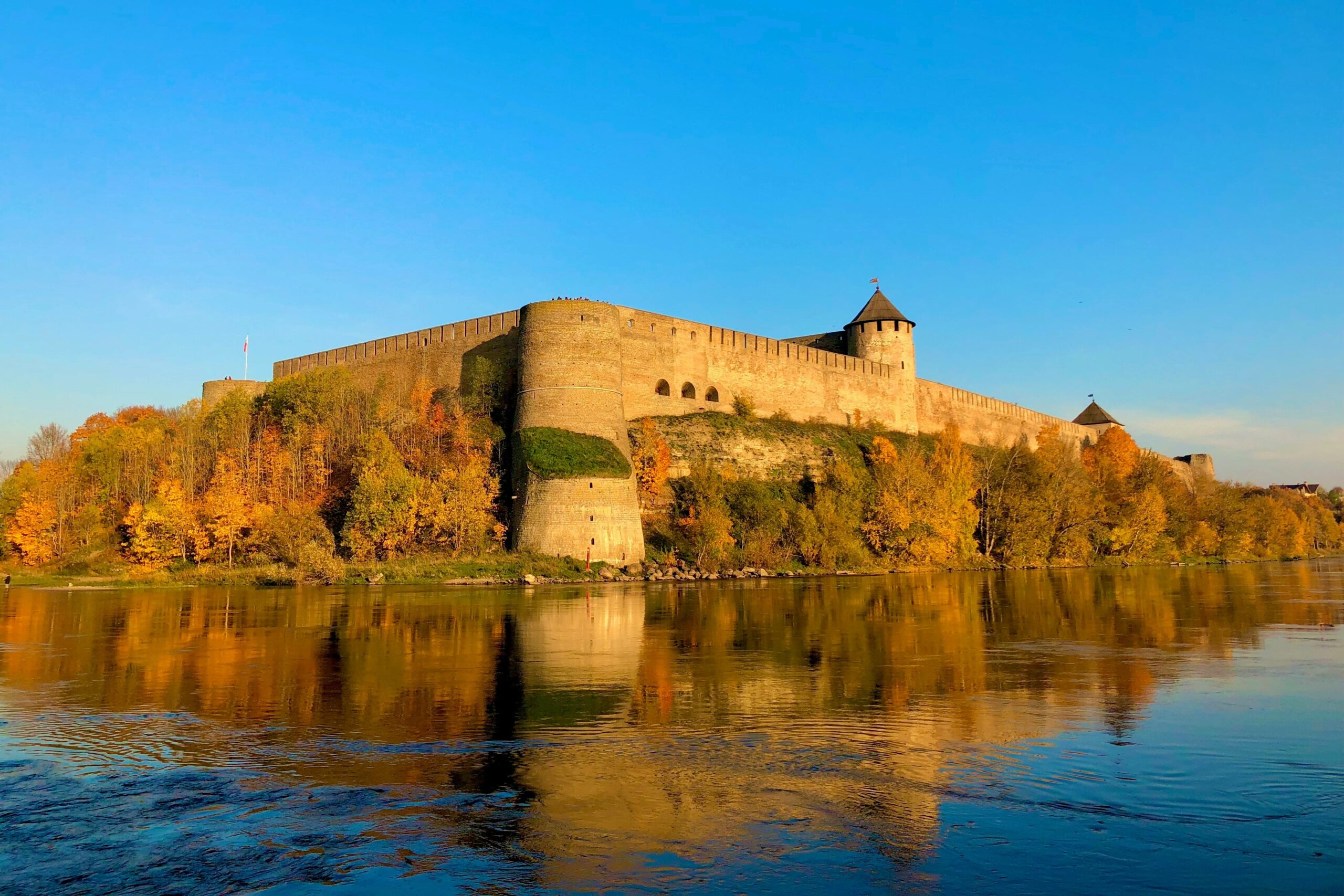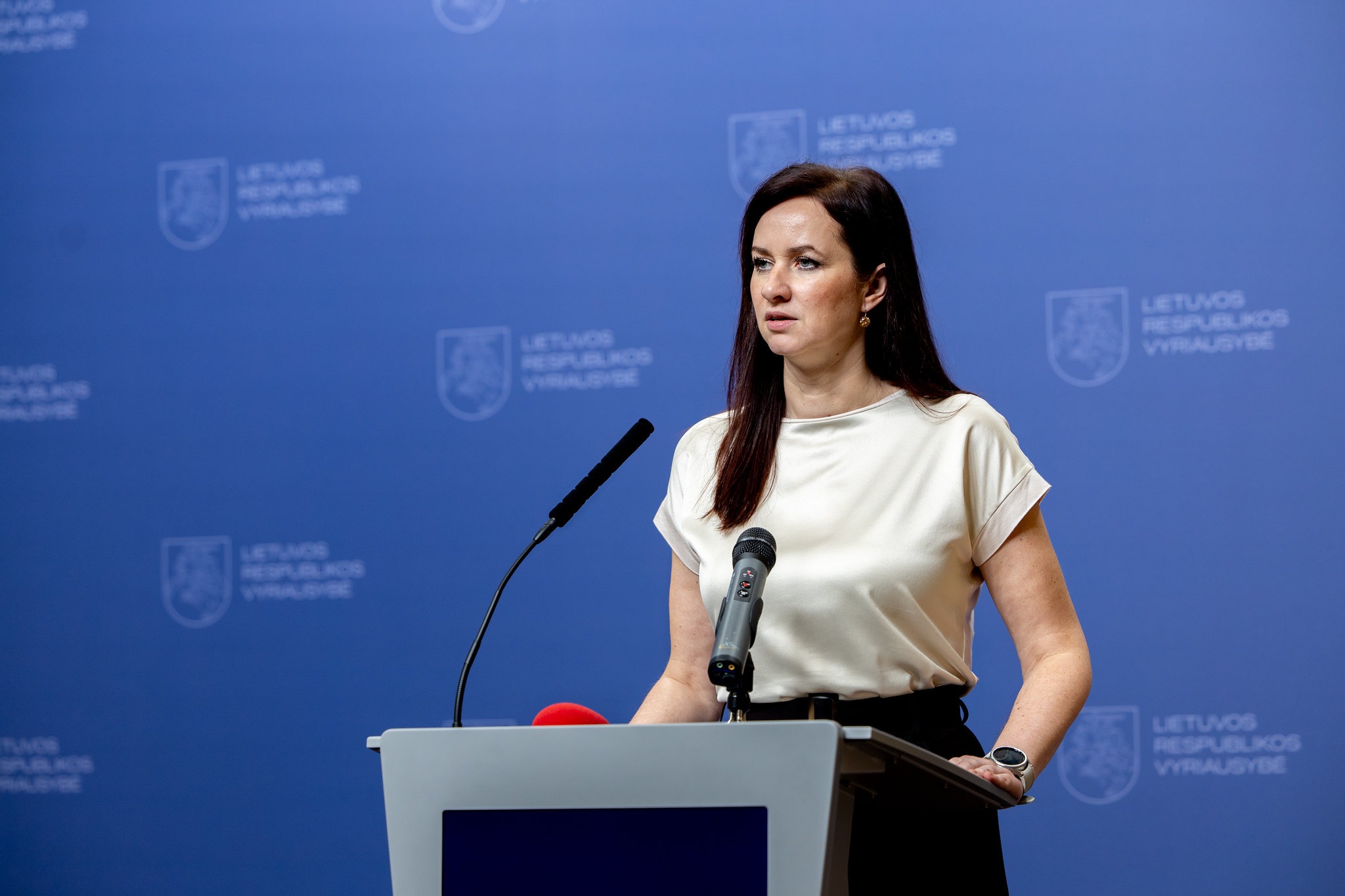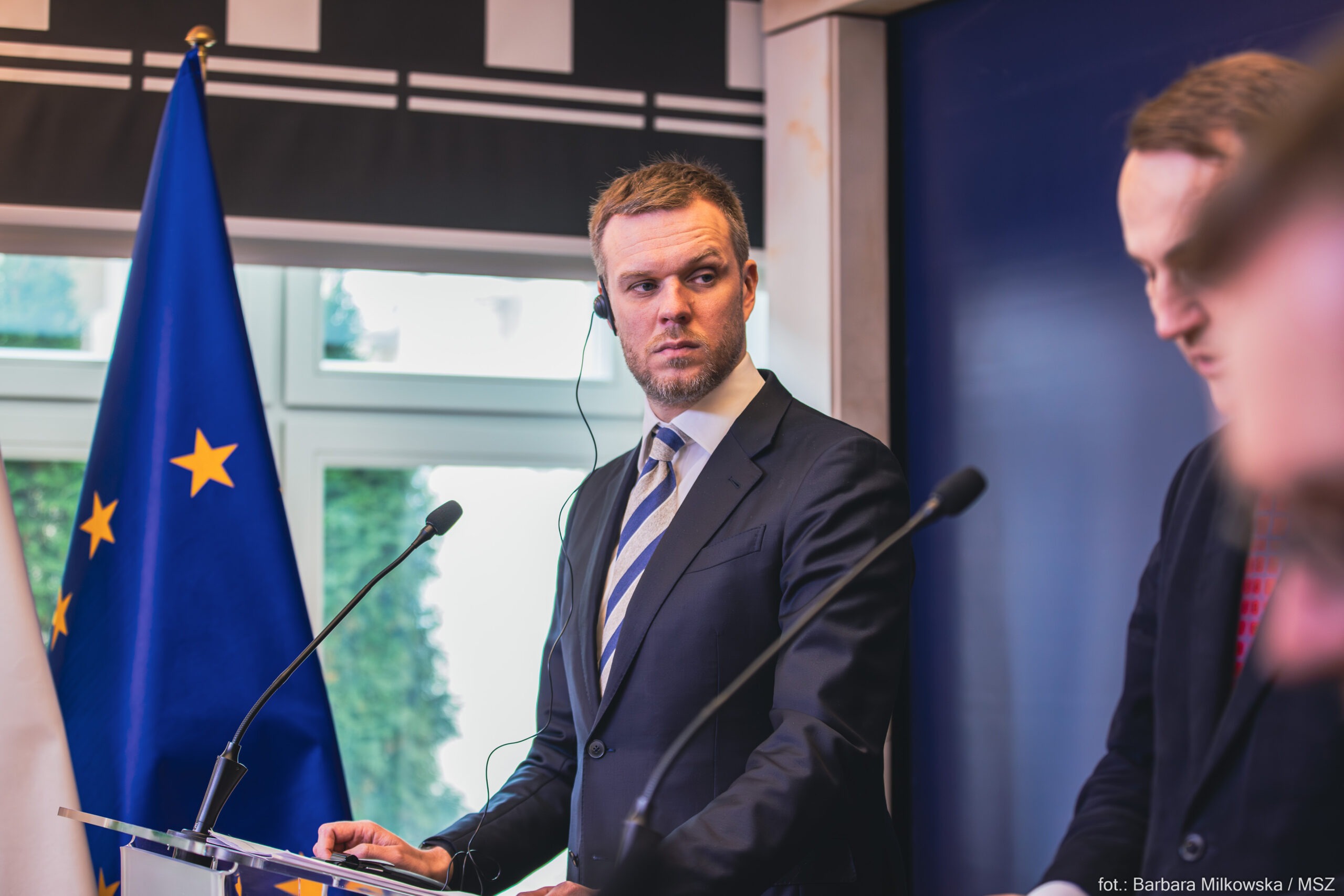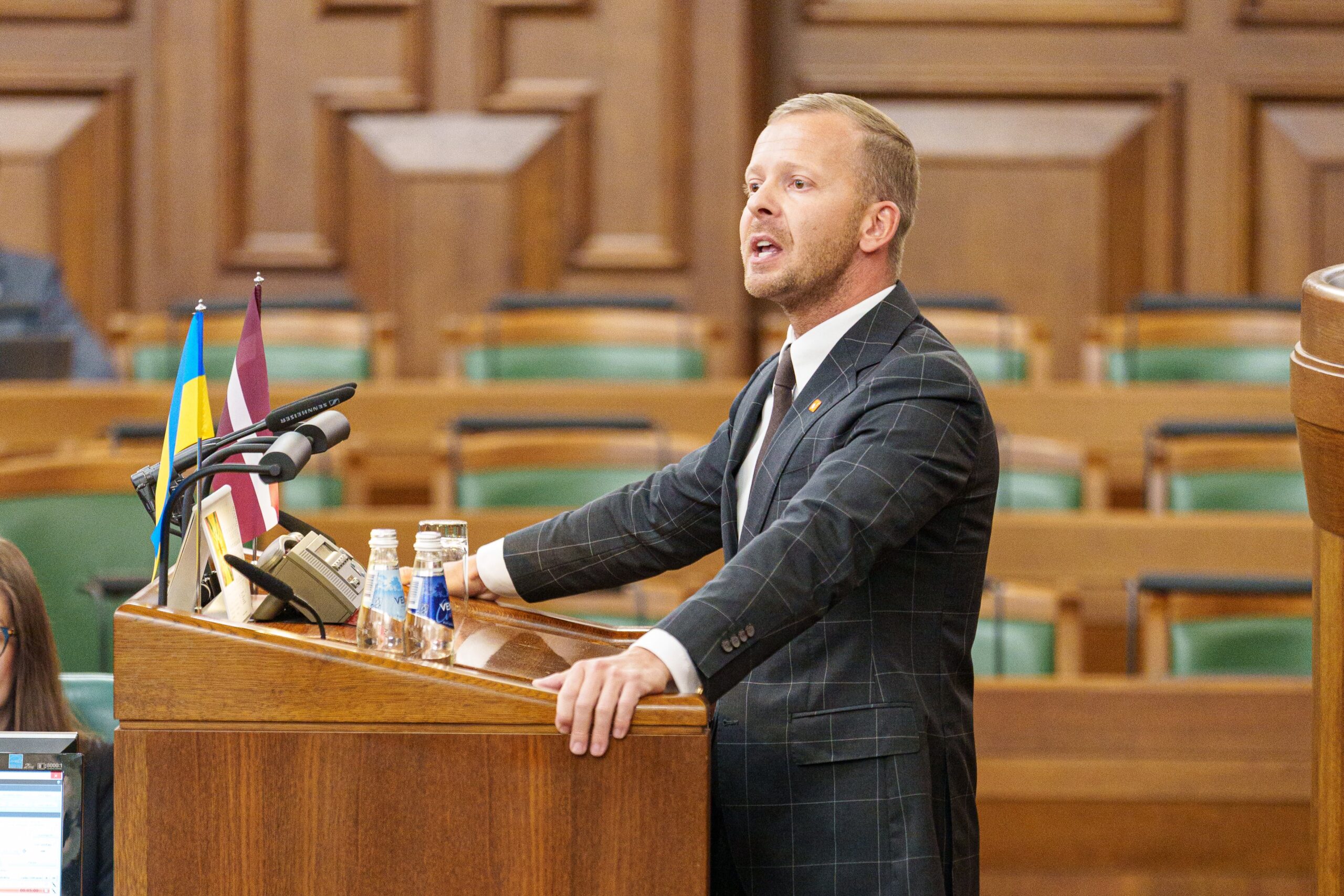
Main narratives:
- General anti-government sentiments;
- Estonia is controlled by foreign powers;
- Distrust of politics.
Overview:
Numerous posts and comments on social media have addressed the political coalition between Ms Katri Raik, the former mayor of Narva, and Mr. Mihhail Stalnuhhin, which has sparked controversy over allegations of promoting pro-Russian sentiments in Estonian politics. Ms Raik has been criticized for her agreement with Mr Stalnuhhin, a Russian-speaking politician in Narva who has previously been accused of spreading pro-Kremlin narratives, as his past statements have raised concerns about his loyalty to Estonian sovereignty and the use of ethnic divisions for his political agendas that some perceive as undermining Estonia’s democratic values. The situation has also raised alarms about the erosion of trust in local governance, as residents question the values and the integrity of leaders. Ms Raik’s supporters, however, argue that her leadership is necessary to represent Narva’s pro-Western population, who often feel marginalized in the wider geopolitical context. Nevertheless, the uneasy alliance between Ms Raik and Mr Stalnuhhin has fuelled suspicions that their political maneuverings are more about power than serving the interests of the people of Narva. This problematic coalition has provided additional points for larger debates in Estonia about the voting rights of Russian-speaking non-citizens in the 2025 local elections, especially in light of ongoing geopolitical tensions with Russia.
Another widely discussed topic was the Estonian government’s decision to completely phase out oil shale electricity production by 2035. Almost all the sources analyzed were immediately critical of this move. The main criticism was that the Estonian government is completely dependent on Brussels in environmental policy and fails to protect the country’s interests. In a broader context, discussions touched on the failure of the liberal economic model, criticism of the European Union’s policies, and the need for Estonia to pursue an “independent policy” focused primarily on building good relations with Russia. Particular emphasis is placed on the social aspect of the issue. It is stressed that the reform will lead to thousands of people losing their jobs. At the same time, all plans under the EU’s Green Deal are described as doomed from the start.








